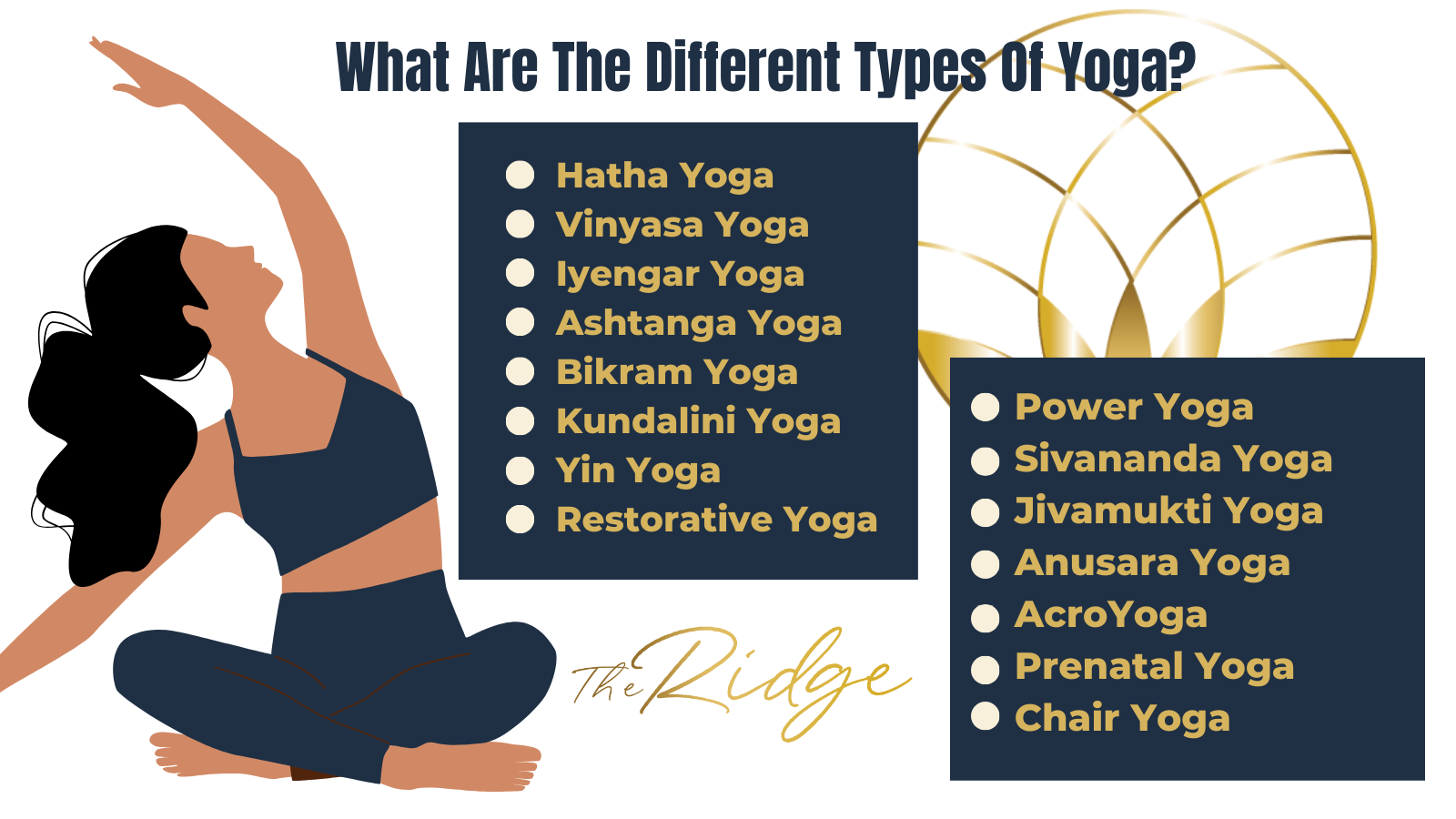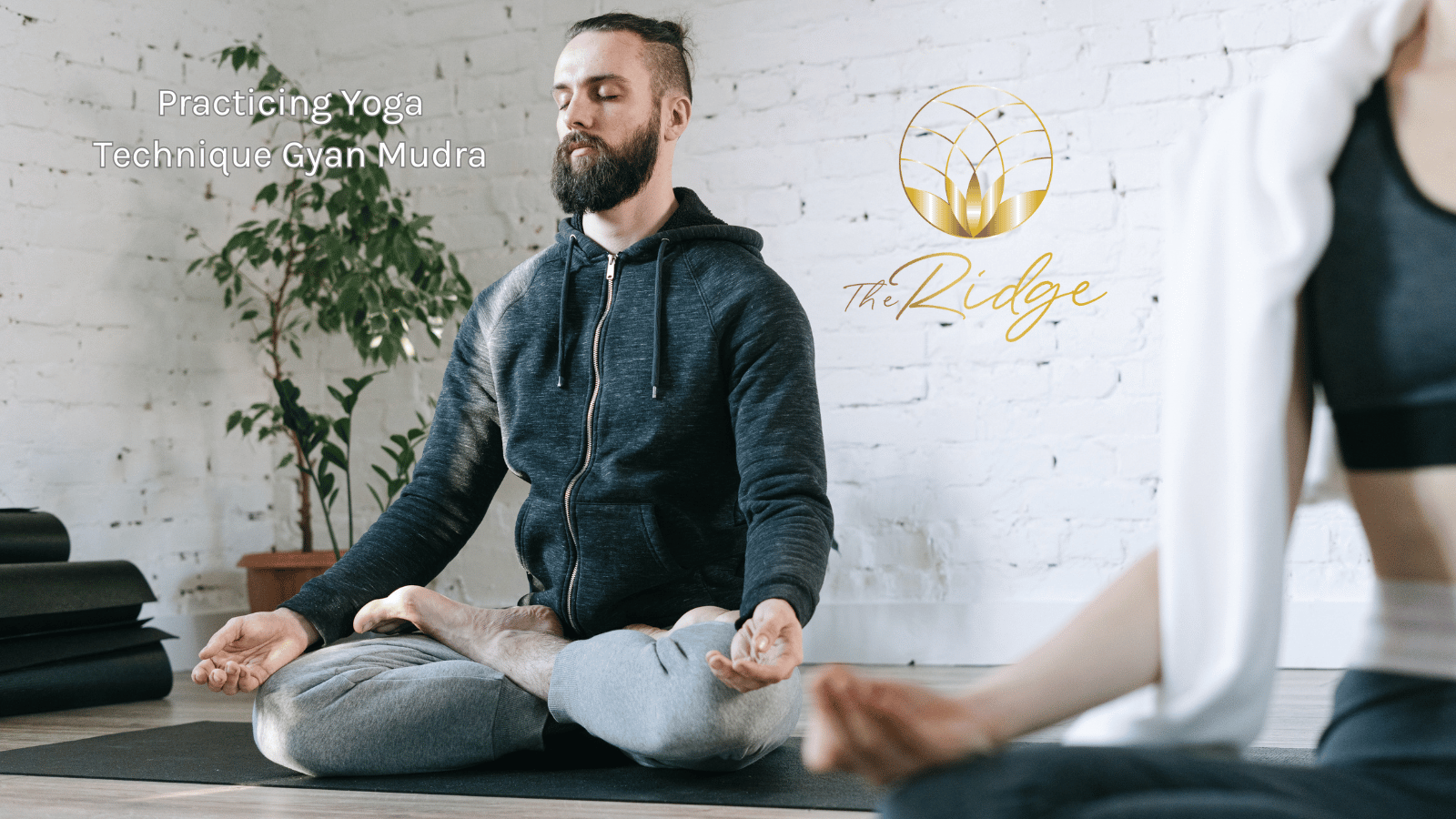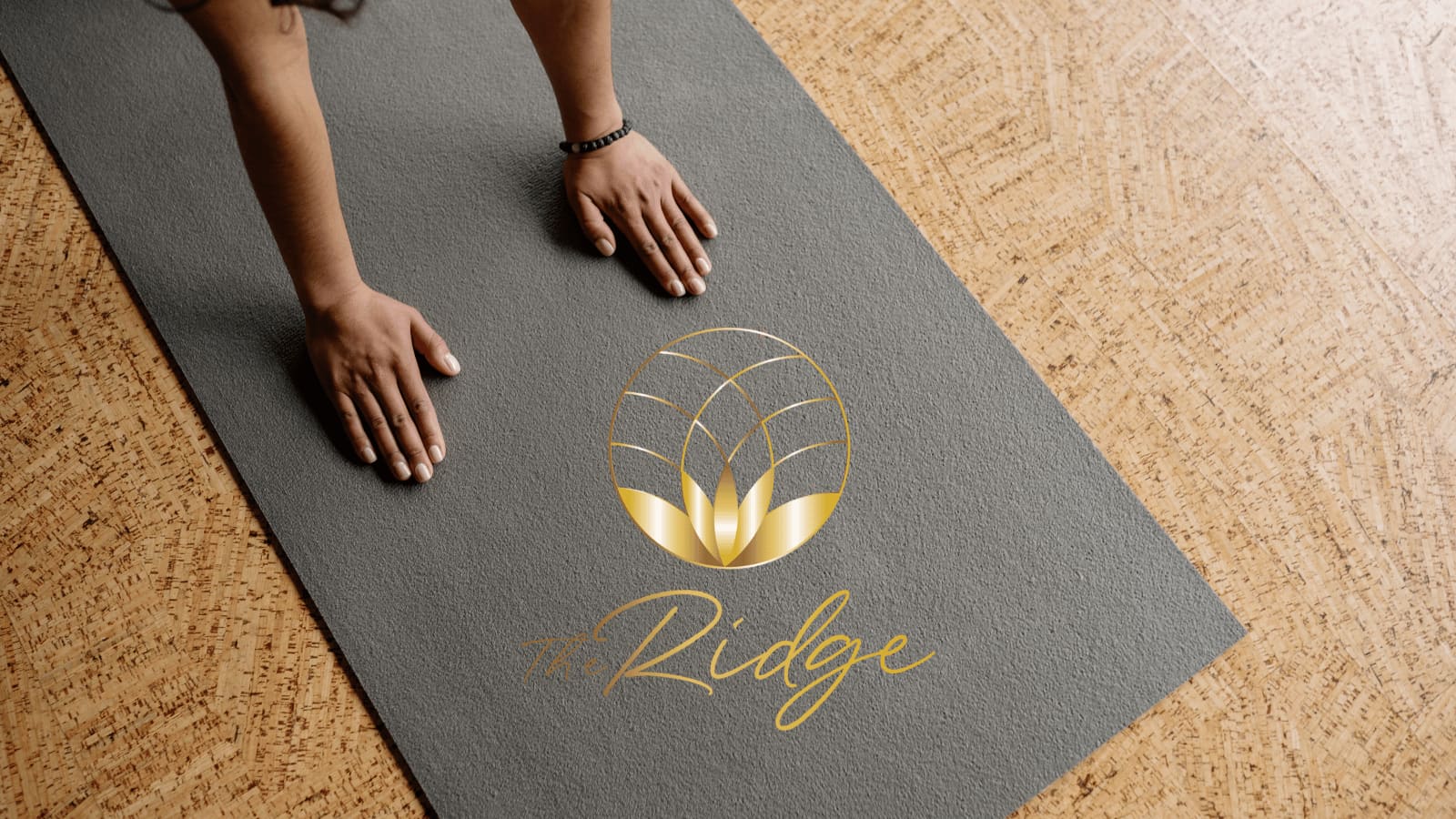Yoga therapy, an integrative and holistic approach to wellness, has been gaining recognition as a powerful tool in addiction treatment. According to the International Association of Yoga Therapists, yoga therapy is increasingly being incorporated into recovery programs, with research showing significant benefits in reducing addiction-related symptoms and improving mental health. This therapeutic approach integrates traditional yoga techniques with modern psychological and medical knowledge to address the complex challenges of addiction, offering a path to recovery that nurtures both body and mind.
What is Yoga Therapy?
Yoga therapy is a personalized and holistic approach to health and wellness that utilizes yoga postures, breathing exercises, meditation, and guided imagery to improve physical and mental health. Distinct from general yoga classes, yoga therapy sessions are typically conducted one-on-one or in small groups and are tailored to address specific health issues and individual needs.
In the context of addiction treatment, yoga therapy is not just about physical postures; it’s a comprehensive approach that includes lifestyle management, mental and emotional healing, and often incorporates aspects of counseling and mindfulness. A yoga therapist works to create a supportive environment where individuals can explore the root causes of their addiction, learn coping strategies, and develop a deeper understanding of their mind and body. This personalized approach ensures that the therapy aligns with the unique journey of each individual in recovery.
Historical Background of Yoga Therapy
The practice of yoga therapy is rooted in ancient yoga traditions, which date back over 5,000 years. Originally, yoga was developed as a spiritual practice in India, with the aim of integrating the body, mind, and spirit. However, over time, the therapeutic aspects of yoga were recognized and began to be used for healing and wellness.
Modern yoga therapy emerged in the mid-20th century, as yoga masters began to combine traditional yogic wisdom with Western medical and psychological knowledge. This integration made yoga more accessible and relevant to contemporary health challenges, including addiction. Pioneers like T.K.V. Desikachar and B.K.S. Iyengar were instrumental in developing yoga therapy as a distinct discipline, emphasizing individualized practice and therapeutic applications of yoga.
Today, yoga therapy is recognized as a valuable complementary treatment in various health fields, including addiction recovery. Its evolution from ancient spiritual practice to modern therapeutic intervention reflects its versatility and enduring relevance in promoting holistic health and well-being.
What Are The Different Types Of Yoga?
- Hatha Yoga: Focuses on basic postures at a comfortable pace, suitable for beginners.
- Vinyasa Yoga: Known for its fluid, movement-intensive practices, often synchronized with breath.
- Iyengar Yoga: Emphasizes precision and alignment in poses, often using props like blocks and straps.
- Ashtanga Yoga: A rigorous style of yoga following a specific sequence of postures and emphasizing breath control.
- Bikram Yoga: Consists of a set series of 26 poses, practiced in a room heated to high temperatures.
- Kundalini Yoga: Combines postures, breathing exercises, and the chanting of mantras to awaken spiritual energy.
- Yin Yoga: A slow-paced style where poses are held for longer periods, targeting deep connective tissues.
- Restorative Yoga: Focuses on relaxation and healing, often using props to support the body in passive poses.
- Power Yoga: An active and athletic style of yoga, based on Vinyasa practice but not following a set sequence.
- Sivananda Yoga: Based on five principles (proper exercise, breathing, relaxation, diet, positive thinking, and meditation) and follows a set structure.
- Jivamukti Yoga: Combines Vinyasa-style practice with a theme set by the teacher, often including chanting, music, and scripture readings.
- Anusara Yoga: A modern version of Hatha Yoga focusing on heart-opening postures and the spiritual aspects of yoga.
- AcroYoga: A physical practice combining yoga and acrobatics, often practiced with a partner.
- Prenatal Yoga: Tailored for pregnant women to enhance flexibility, strength, and breathing techniques for childbirth.
- Chair Yoga: A gentle form of yoga practiced sitting on a chair or standing using a chair for support, suitable for people with limited mobility.
How Does Yoga Therapy Work in Addiction Treatment?
Yoga therapy addresses addiction treatment by focusing on both the physical and psychological aspects of recovery. The practice recognizes addiction not just as a physical dependency but as a disorder that involves emotional, mental, and often spiritual imbalances. By integrating yoga postures (asanas), breathing techniques (pranayama), and meditation, yoga therapy helps individuals in recovery to reconnect with their bodies, regulate their emotions, and calm their minds.
One of the key principles in yoga therapy for addiction is the concept of mindfulness. Through mindful practices, individuals become more aware of their thoughts, emotions, and body sensations, which is crucial for breaking the cycle of addiction. This increased self-awareness helps individuals recognize triggers and develop healthier coping mechanisms. Additionally, yoga therapy can aid in detoxification and reduce withdrawal symptoms, making the physical aspects of recovery more manageable.
Key Techniques of Yoga Therapy in Addiction Treatment
Yoga therapy in addiction treatment employs various techniques tailored to the individual’s specific needs. Some of the key techniques include:
- Asanas (Yoga Postures): Gentle yoga postures help improve physical strength, flexibility, and balance. They also aid in releasing tension and stress stored in the body, which is common in individuals recovering from addiction.
- Pranayama (Breathing Exercises): Controlled breathing techniques are used to regulate the nervous system, reduce anxiety, and improve mental focus. They can be particularly effective in managing cravings and emotional dysregulation.
- Meditation and Mindfulness: Meditation practices foster a sense of calm and present-moment awareness, crucial for mental clarity and emotional stability. Mindfulness techniques help individuals observe their thoughts and feelings without judgment, reducing the likelihood of relapse.
- Guided Relaxation and Imagery: These techniques promote deep relaxation, reduce stress, and can be powerful tools in addressing the psychological aspects of addiction.
- Yoga Nidra: A guided deep relaxation technique that promotes mental healing and can be particularly effective in addressing underlying issues of addiction, such as trauma or depression.
What Are the Benefits of Yoga Therapy for Addiction?
Yoga therapy offers a wide range of benefits for individuals in addiction recovery:
- Physical Benefits: Improved physical health through enhanced strength, flexibility, and detoxification. Yoga therapy can also improve sleep quality and boost energy levels, which are often compromised in addiction.
- Mental and Emotional Benefits: Significant stress reduction, increased mental clarity, and emotional regulation. Yoga therapy helps in developing resilience against stressors, reducing the risk of relapse.
- Spiritual Benefits: Many individuals in recovery find that yoga therapy enhances their spiritual connection, fostering a sense of purpose and inner peace. This spiritual aspect can be particularly empowering, offering a sense of belonging and a new perspective on life.
- Social Benefits: Group yoga therapy sessions create a sense of community and support, essential in the journey to recovery. Sharing experiences and practicing together can help build healthy relationships and reduce feelings of isolation.
These benefits demonstrate how yoga therapy can be a comprehensive and effective tool in addiction treatment, addressing the multifaceted nature of addiction and promoting long-term recovery and well-being.
How is Yoga Therapy Integrated into Addiction Treatment Programs?
Yoga therapy is increasingly becoming a core component of holistic addiction treatment programs. Its integration into these programs typically involves:
- Complementing Traditional Treatments: Yoga therapy is used alongside conventional treatments like counseling and medication-assisted treatment. It enhances the effectiveness of these treatments by addressing the physical and mental stress associated with recovery.
- Tailored Yoga Programs: Addiction treatment centers often design specific yoga programs that align with the overall treatment goals. These programs are personalized, taking into account the individual’s stage of recovery, physical ability, and specific challenges related to addiction.
- Regular Practice: Incorporating regular yoga sessions into the daily or weekly schedule of the treatment program, providing a consistent practice that residents can rely on for stress relief and emotional regulation.
- Educational Workshops: Some programs include workshops or sessions that educate participants on the principles of yoga and how it can aid in addiction recovery, empowering them to continue their practice beyond the treatment setting.
By integrating yoga therapy into addiction treatment programs, these centers offer a more comprehensive approach to recovery, one that supports the physical, mental, emotional, and spiritual dimensions of healing.
How to Find a Qualified Yoga Therapist for Addiction Recovery?
Finding a qualified yoga therapist who specializes in addiction recovery involves several steps:
- Seek Recommendations: Start by asking healthcare providers or addiction treatment centers for referrals to experienced yoga therapists.
- Verify Credentials: Ensure that the therapist has appropriate credentials, such as certification from the International Association of Yoga Therapists or similar organizations.
- Consider Experience in Addiction Recovery: Look for therapists with specific experience or training in addiction recovery, as they will be more equipped to address the unique challenges of this field.
- Personal Compatibility: It’s important that the therapist’s style and approach resonate with the individual’s preferences and needs. Meeting or having a consultation session can help in determining this fit.
- Accessibility: Consider the location and availability of the therapist, ensuring that regular sessions can be easily attended.
Exploring Yoga Therapy Options for Addiction Recovery
Yoga therapy offers a holistic and effective approach to addiction recovery, addressing the physical, mental, emotional, and spiritual aspects of the individual. Its techniques and practices provide the tools for self-awareness, stress management, and emotional regulation, all of which are crucial in the journey towards lasting sobriety.
As you consider incorporating yoga therapy into your recovery journey, it’s important to know that there are specialized treatment centers that understand and value this holistic approach. One such center is The Ridge, a luxury addiction treatment facility that includes yoga therapy as a key component of its comprehensive treatment program. At The Ridge, clients have the opportunity to experience the healing power of yoga therapy in a serene and supportive environment, where every aspect of their well-being is addressed.
The Ridge’s yoga therapy sessions are designed to complement other treatment modalities, ensuring a well-rounded approach to recovery. Whether you’re just beginning your journey towards sobriety or looking to deepen your recovery process, the integration of yoga therapy at The Ridge offers a unique opportunity to heal and transform in a luxurious and nurturing setting.
For those interested in exploring how yoga therapy can play a role in overcoming addiction, The Ridge provides an ideal setting. With its expert staff, tranquil environment, and commitment to holistic treatment, The Ridge stands out as a premier destination for those seeking a premium addiction treatment program.





